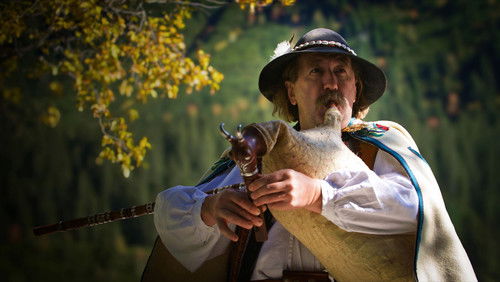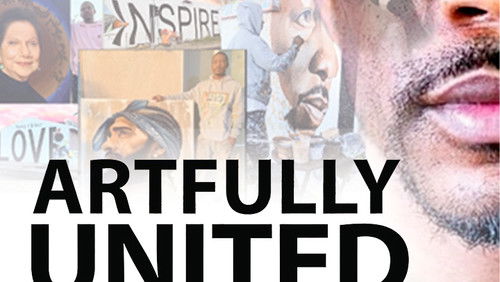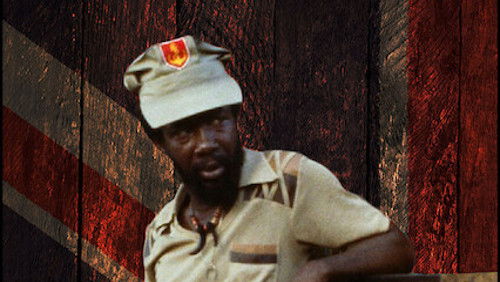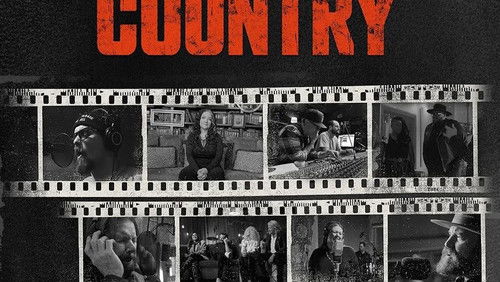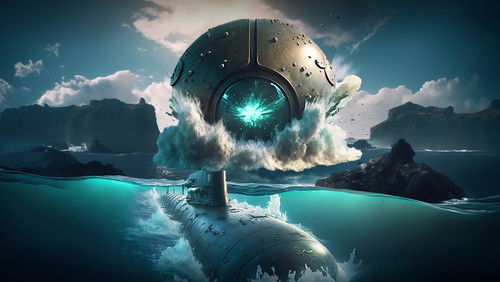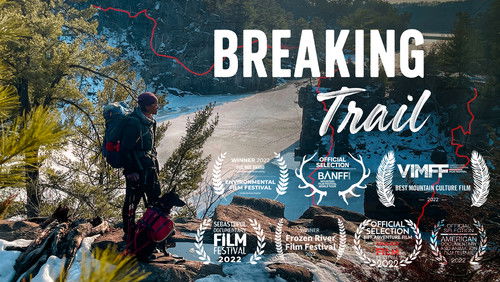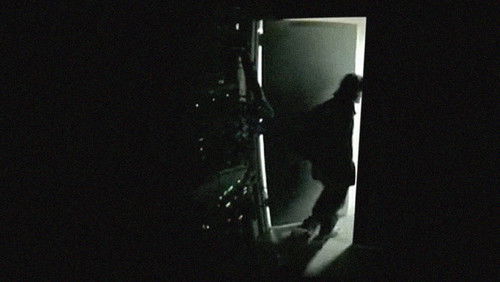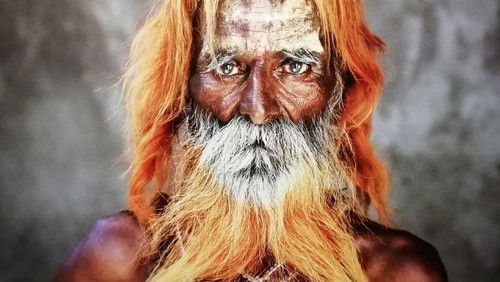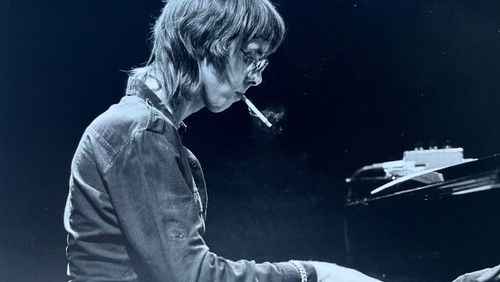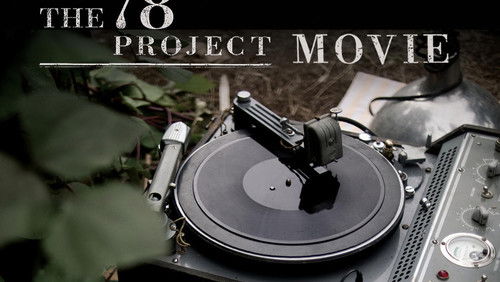There Once was an Island: Te Henua e Nnoho (2010)
26KThere Once was an Island: Te Henua e Nnoho (2010). 1h 20m
“Directed by Briar March, There Once Was An Island: Te Henua E Nnoho is a documentary about a Polynesian community living on the Island of Takuu in the South Western Pacific and the effect that climate change is having on their Island.u003cbr/u003eu003cbr/u003e400 people live on the tiny Island of Takuu, theyu0026#39;re an intelligent community which hold their traditions and culture close to their heart but live in fear that they may have to all move to Bougainville, Papa New Guinea due to the rise in sea levels and farming problems theyu0026#39;re having.u003cbr/u003eu003cbr/u003eThe film focuses on the lives of three members of the community in particular Teloo, Endar and Satty and how the environmental problems are affecting their lives. Due to sea levels rising, crops on the Island canu0026#39;t grow properly forcing the Island to often ask for food from Bougainville but the boat which visits the Island only comes a few times a year so the Island has to be very much self-sufficient. The town have a meeting to decide what their plan of action is, some people believe that God made the Island so he will know that the water level is rising and therefore help them in someway but most people agree that they need scientists to visit the Island and study it before they can know how to save it or if they need to move elsewhere. Oceanographer John Hunter and Geomorpholgist Scott Smithers travel to the Island and do tests, teach the farmers how to protect their crops and confirm the communities fears that the Island could soon be underwater if they donu0026#39;t create stronger sea walls and move the houses onto higher parts of the land. During their visit massive waves hit the Island causing a dangerous damaging flood which destroys many wooden buildings, crops and all of their school books. Days after the flood the islanders still canu0026#39;t fish or farm crops as itu0026#39;s too dangerous and the only ship that can visit the Island from Bourgainville is not sailing due to the crew being on strike. The community hardly have anything to eat and this event shocks them into considering maybe moving to Bourgainville is a possibility as when things get worse on the Island there wonu0026#39;t be much help available to them. The people talk of how hard it would be moving though as for once theyu0026#39;ll have to work for money to buy food rather than grow it or fish for it themselves which will be a big culture shock and they donu0026#39;t want future generations to forget their culture and past.u003cbr/u003eu003cbr/u003eThe Cinematography in the film captures well the beauty of the island and itu0026#39;s peopleu0026#39;s lives. Beautiful sandy beaches, palm trees and forest cover the Island and some of the shots are just spectacular. The film is quite slow paced but this works due to the islands relaxed way of living. The only minor flaw I had with the film was that there was a lot of chunks of information to read instead of their being a voice-over which I think wouldu0026#39;ve resulted in the film flowing better, but as I said this isnu0026#39;t a big problem.u003cbr/u003eu003cbr/u003eOverall I really enjoyed the documentary, it was very interesting, all people were very likable and itu0026#39;s shocked me into thinking more about climate change. Takuu is slowly being destroyed due to the of the rest of the world, the Islanders have played no part in this happening and it causes the viewer to sympathise with them and want to cut down their carbon footprint seeing innocent peopleu0026#39;s lives being ruined in this way. I believe the film should be shown on a popular TV channel where many people can view it, I think it could change the way a lot of people think about climate change.u003cbr/u003eu003cbr/u003eI saw the film at a Press Preview as part of Raindance Film Festival on 21st September.”
